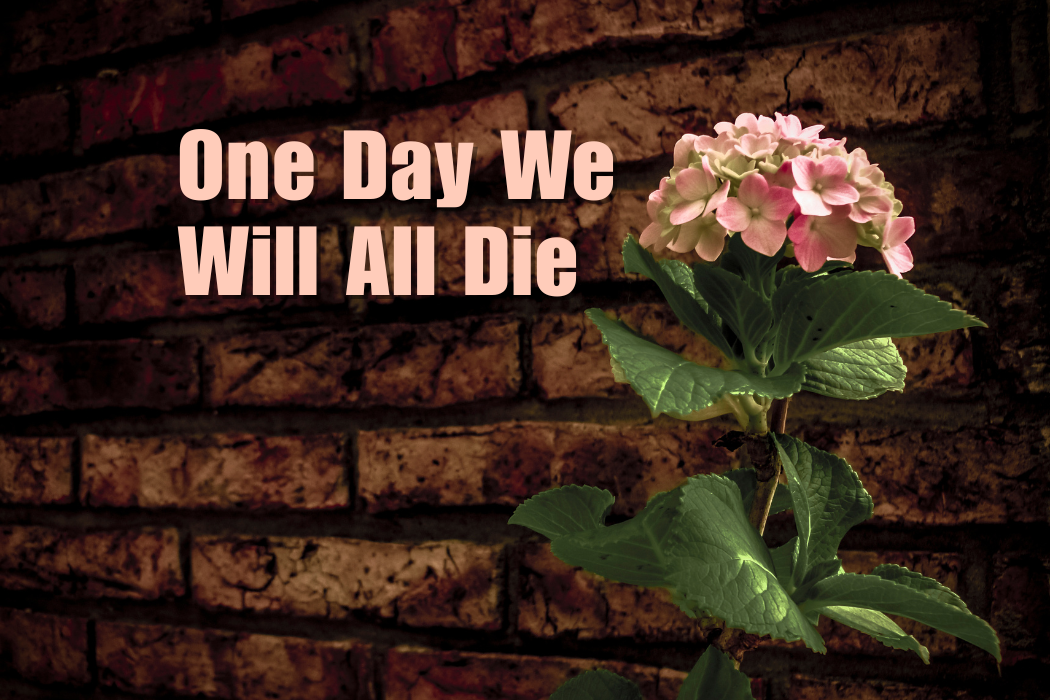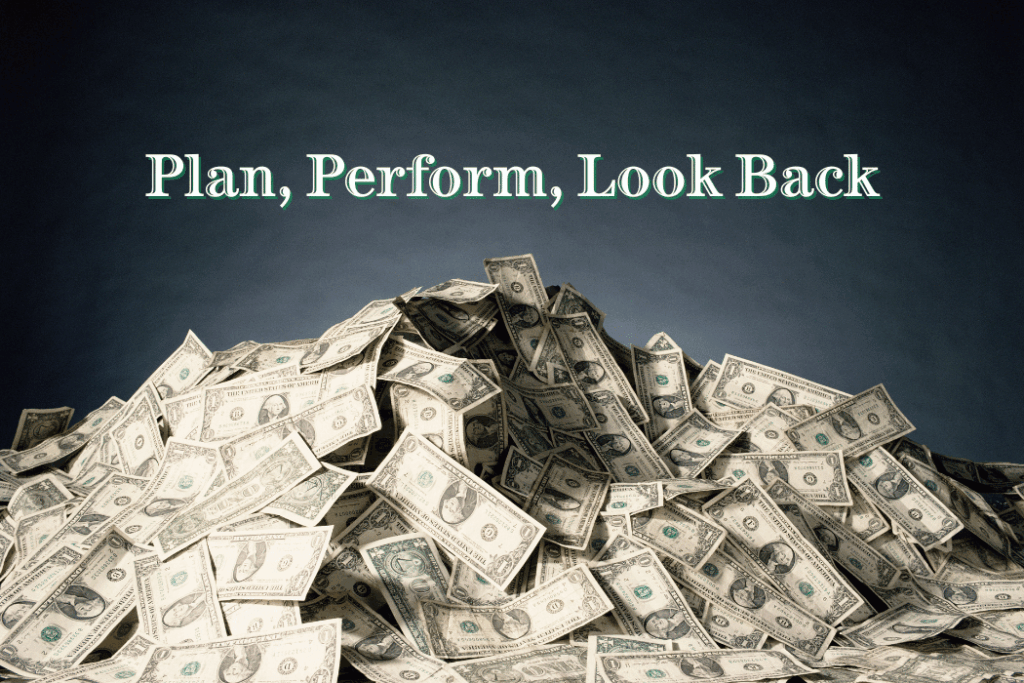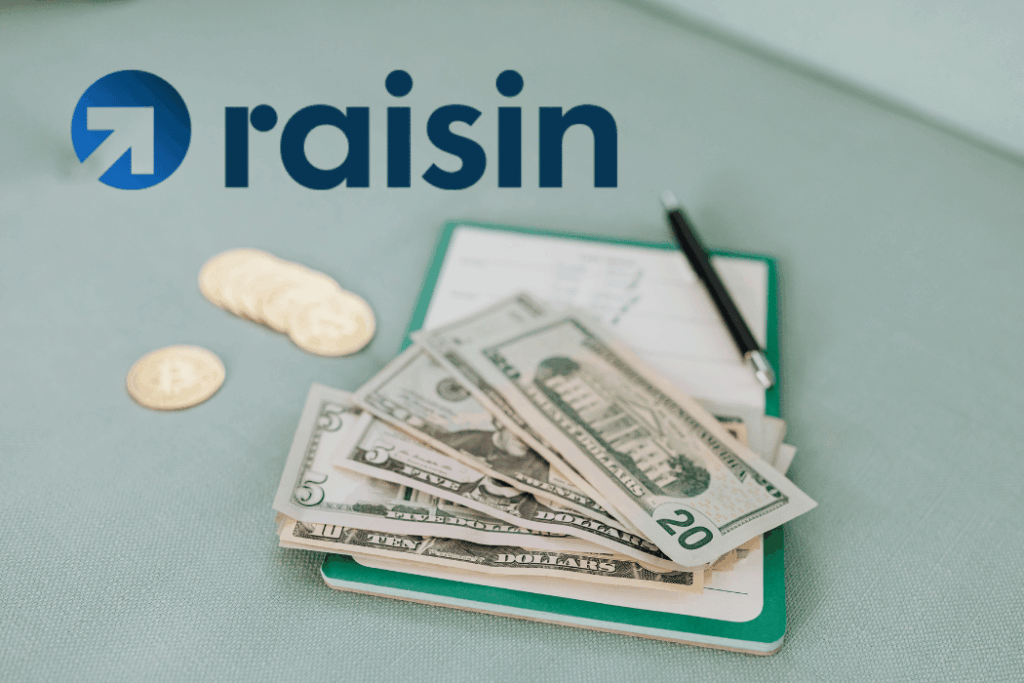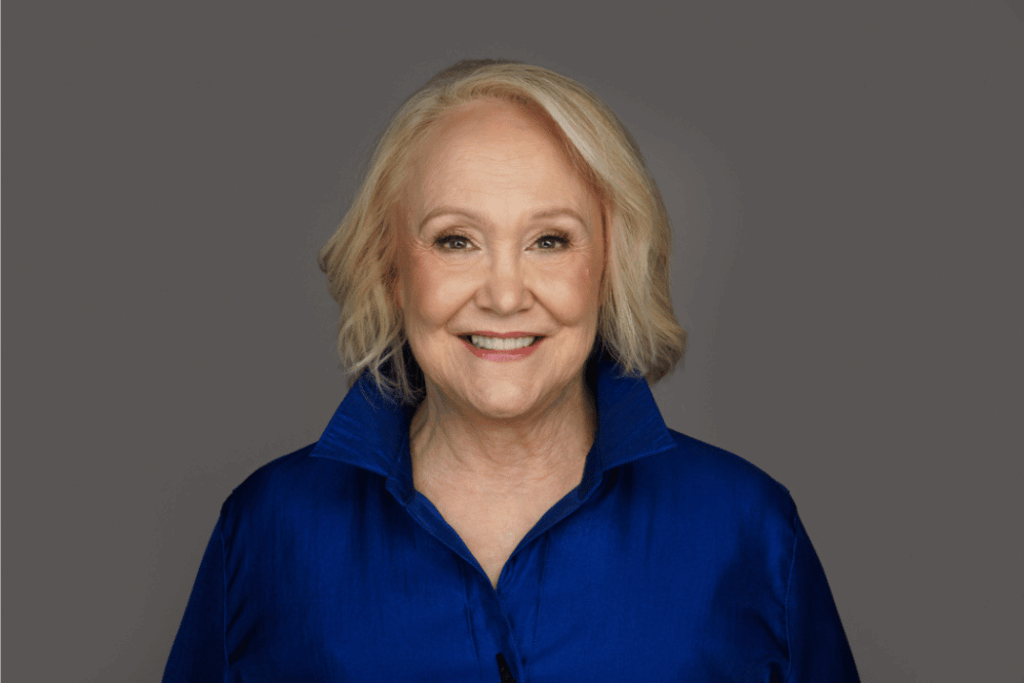
I have faced my share of challenges. Growing up in the Baltimore projects, I clawed my way out of poverty and overcame racism to build a thriving business. I always found a way forward. But a few years ago, I hit the most difficult—and frankly embarrassing—period of my life. One of my companies was on the verge of collapse after a deal went bad. Contracts fell through, bills piled up, and my confidence crumbled. For the first time, I didn’t know if I could fix it. The challenge consumed me—I lost sleep, avoided friends and mentors out of shame, and felt like I was letting everyone down. I remember thinking, “So this is how it all falls apart?” It was a humbling moment for a man who prided himself on perseverance.
One late night, sitting alone in my office, I reached a breaking point. In that quiet despair, a stark thought hit me: One day I will die, and none of this will matter. That realization might sound morbid, but it was profoundly freeing. I literally said to myself, “Robert, one day you won’t be here. In the grand scheme of your life, this setback is just a blip.” I felt my anxiety start to loosen its grip. Remembering my mortality put everything into perspective. If I lost the business, would it be the end of my world? No—I’d still have my family, my health, and a chance to start anew. In fact, all my fear of embarrassment and failure seemed to shrink when faced with the reality of life’s shortness.
I took a deep breath for the first time in months. This perspective allowed me to compartmentalize my struggles—to put them in a box labeled “temporary” – and focus on solutions. The very next day, I convened my team, acknowledged the situation candidly, and together we mapped out a path forward. We cut the problem down to size, tackled one issue at a time, and within a year the company was not only stable, but innovating in new areas. That grim period did not break me after all; it taught me. I learned that when we remember our own impermanence, we stop panicking and start progressing.
Learning from Resilient Leaders
It turns out I’m not alone in using this “mortal perspective” to overcome adversity. Many successful people have leveraged the knowledge of life’s impermanence to build resilient businesses and lives. Steve Jobs perhaps said it best: “Remembering that I’ll be dead soon is the most important tool I’ve ever encountered to help me make the big choices in life… All fear of embarrassment or failure – these things just fall away in the face of death.”
In other words, when you realize that our time is limited, it becomes easier to ignore the noise of fear and ego and do what truly matters. This mindset – often called a memento mori (remember you will die) – has helped entrepreneurs from all backgrounds turn setbacks into mere speed bumps on the way to success.
For example, consider these three entrepreneurs who embraced the impermanence of hardship:
- Daymond John (African American entrepreneur) – As founder of the FUBU clothing line, Daymond started with almost nothing and hit many roadblocks. He grew up in Queens with dyslexia and few resources, even closing his business once to regroup. But he didn’t let early failures stop him. Daymond embraced a “nothing to lose” mentality. “When you’ve got nothing to lose, you’ve got everything to gain,” he says, highlighting that starting from adversity became his advantage.
By recognizing that failure wasn’t the end, he kept pushing forward. He eventually turned FUBU into a multibillion-dollar brand and became an investor on Shark Tank, proof that early hardships were temporary waypoints, not permanent roadblocks. - Dave Anderson (Native American entrepreneur) – Dave, a member of the Ojibwe Nation, founded the Famous Dave’s Bar-B-Que restaurant chain. Before his ribs became famous, he faced poverty, early business failures, and even battled alcoholism. It would have been easy for him to quit when things went wrong. Instead, Dave drew strength from perspective. He often recalls how his parents survived the cruelty of Native American boarding schools, persevering through pain.
That taught him that if they could overcome life-altering adversity, he could overcome a bad year in business. Dave treated each setback as fleeting. With that resiliency, he grew one small BBQ shack into a nationwide franchise with over 190 locations. He’ll tell you that every knock-down – no money, no support, no easy path – was temporary. Belief in the impermanence of hardship fueled his determination to keep going until success arrived. - Sara Blakely (white female entrepreneur) – Sara, the founder of Spanx, started her company with $5,000 and a big idea. In the beginning, she heard “no” from every hosiery mill and investor she approached. She was turned down repeatedly and even felt humiliated when doors closed in her face. But Sara did not see a rejection as a lasting defeat. Why? Her father had taught her from childhood that failure is not the outcome – failure is simply not trying. Every week at dinner he would ask, “What did you fail at this week?” and celebrate the attempt.
That early lesson instilled in Sara a fearless perspective: setbacks are temporary and nothing to be ashamed of. Armed with that mindset, she kept refining her product and pitching her idea. Eventually, one manufacturer gave her a chance, and her persistence paid off. Spanx became a billion-dollar business, and Sara became the world’s youngest self-made female billionaire. She often says that not trying would have been the only real failure. By embracing the impermanence of each “no,” she was able to find the eventual “yes” that changed her life.
Each of these leaders shares a common approach: they don’t see hardship as permanent. By remembering that life is bigger than any one setback, they freed themselves from fear and kept moving forward. This perspective doesn’t make problems magically disappear – it makes you stronger than the problems. It builds an inner resilience, a calm in the storm, that drives you to keep going when others would quit.
If I were you, I would…
- Remind yourself daily of the big picture: When stress and problems feel overwhelming, pause, and literally remind yourself that one day you won’t be here. This isn’t meant to be depressing—it’s liberating. Ask, “Will this issue matter to me in five years? In one year? On my deathbed?” Likely not. By seeing your challenge from the 30,000-foot view of life, you’ll reduce its power over you. Try starting the day by reflecting on what truly matters (your loved ones, your values, your mission) and you’ll find today’s hurdles easier to face. This daily perspective check keeps you grounded and calm no matter what comes up.
- Repeat the mantra “This too shall pass”: In tough times, literally say to yourself, “This is temporary. I will outlast this.” Embrace the fact that every hardship is impermanent. Just as night turns today, the most painful failures and embarrassments will fade with time. By internalizing this, you can respond to crises with a level head. Instead of panicking or giving up when you hit a snag in your business or career, take a step back. Break the problem into smaller pieces and handle what you can, one step at a time. Reminding yourself that the storm will eventually pass helps you focus on solutions instead of wallowing in the pain. Successful people endure by knowing the low moments don’t last forever – and neither will yours.
- Prioritize courage over fear in decisions: When you remember that life is short, you stop living in fear of failure or what others will think. Use that truth as fuel to be bold. Take that initiative you’ve been afraid to take. Launch the product you’ve been delaying because of self-doubt. Have the tough conversation you’ve been avoiding. Don’t let fear dictate your choices. In the end, fear is temporary, but regret can last a lifetime. Adopting a mortality mindset gives you permission to pursue what matters most to you. As you make business and life decisions, ask yourself, “If I only had a year left to live, would I be afraid to do this?” By framing your choices this way, you’ll find it easier to act with courage and authenticity. You’ll build your business and life guided by what inspires you, not what scares you.
Incorporating this principle of impermanence into your life doesn’t happen overnight, but each day you practice it, you strengthen your resilience. One day we will die – that’s a fact none of us can change. But by keeping that fact in mind, we can change how we live today. We can meet hardships with grace and guts, knowing that no failure or adversity ever gets the final word.













